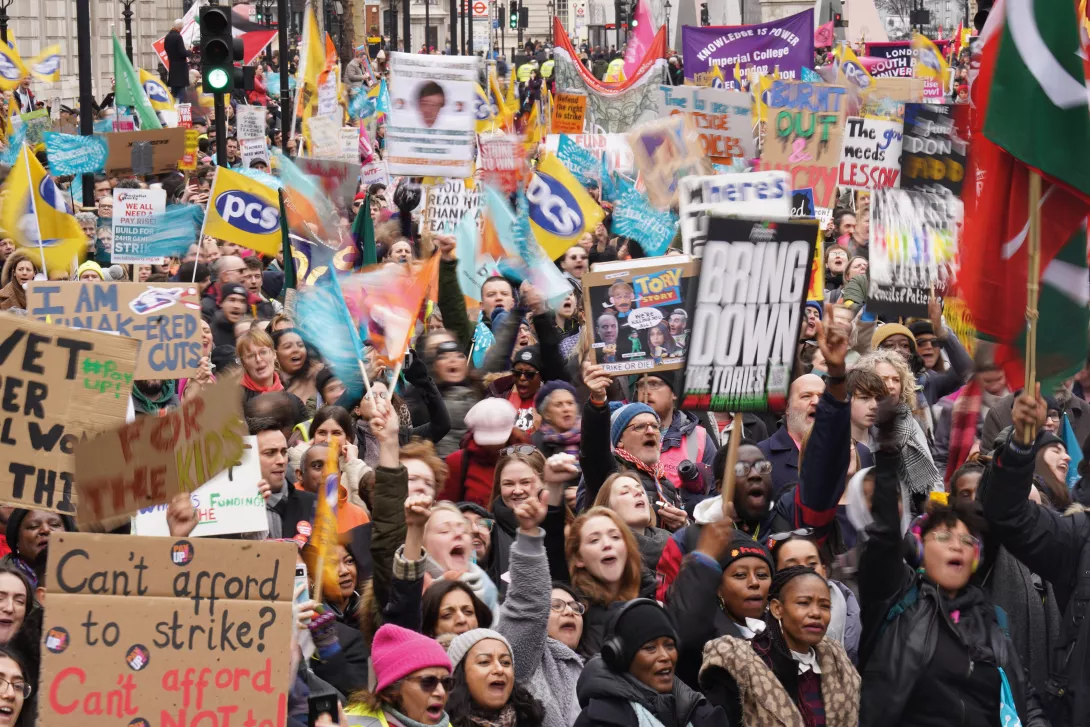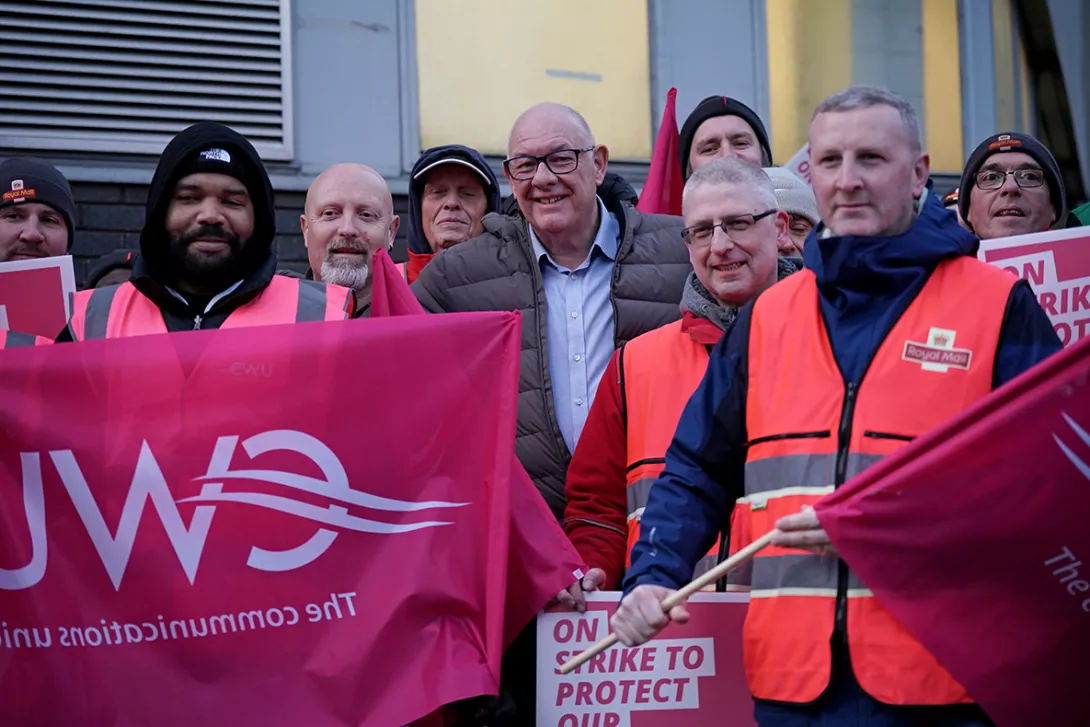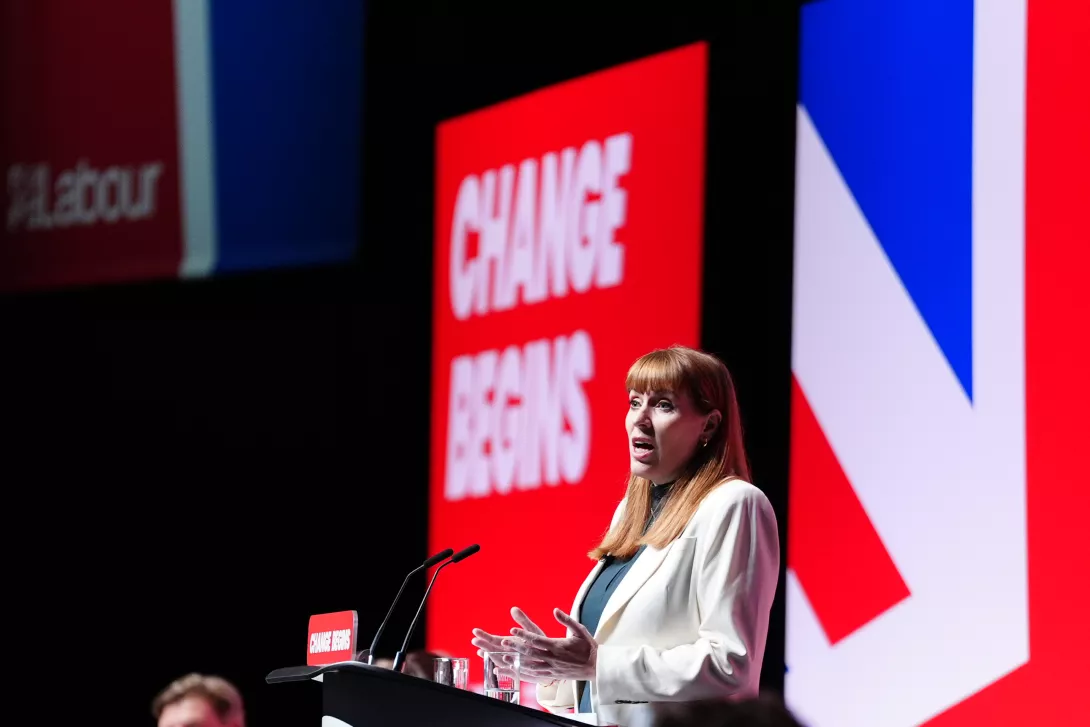VIJAY PRASHAD examines why in 2018 Washington started to take an increasingly belligerent stance towards ‘near peer rivals’ – Russa and China – with far-reaching geopolitical effects
This special TUC comes at a historic moment for the labour movement
Middlesbrough MP ANDY McDONALD on why unions must press Labour for a comprehensive new deal for workers

TODAY’S special Congress called by the TUC could not be more timely, coming at a critical point in the struggle over the right to strike.
The Minimum Service Levels legislation that the Tories have forced through Parliament in recent months is an affront to a free and democratic society in which the liberty of working people to withdraw their labour is respected. It therefore demands the strongest possible response from the labour and trade union movement.
So, it is vital that trade unions take the opportunity presented by what TUC general secretary Paul Nowak has described as a “once in a generation gathering” to send a message to this contemptible Conservative government that workers will not lie down as their rights are ripped apart.
More from this author

Labour's New Deal for Working People is central to combating in-work poverty and ensuring fair treatment for all — it’s a flagship policy that has the potential to be transformative to workers' lives, writes ANDY McDONALD MP

ANDY McDONALD MP says there's still a great deal to welcome in Labour's planned reforms to workers' rights, but calls for clarity on some key issues
Similar stories

Communications Workers Union general secretary DAVE WARD says combatting a resurgent far right means uniting the working class behind a positive vision for change – with collective bargaining at its heart

Usdaw general secretary PADDY LILLIS explains why a Labour government would be significantly more progressive on workers’ rights, from banning zero-hours contracts to clamping down on bogus self-employment

Labour's New Deal for Working People is central to combating in-work poverty and ensuring fair treatment for all — it’s a flagship policy that has the potential to be transformative to workers' lives, writes ANDY McDONALD MP










